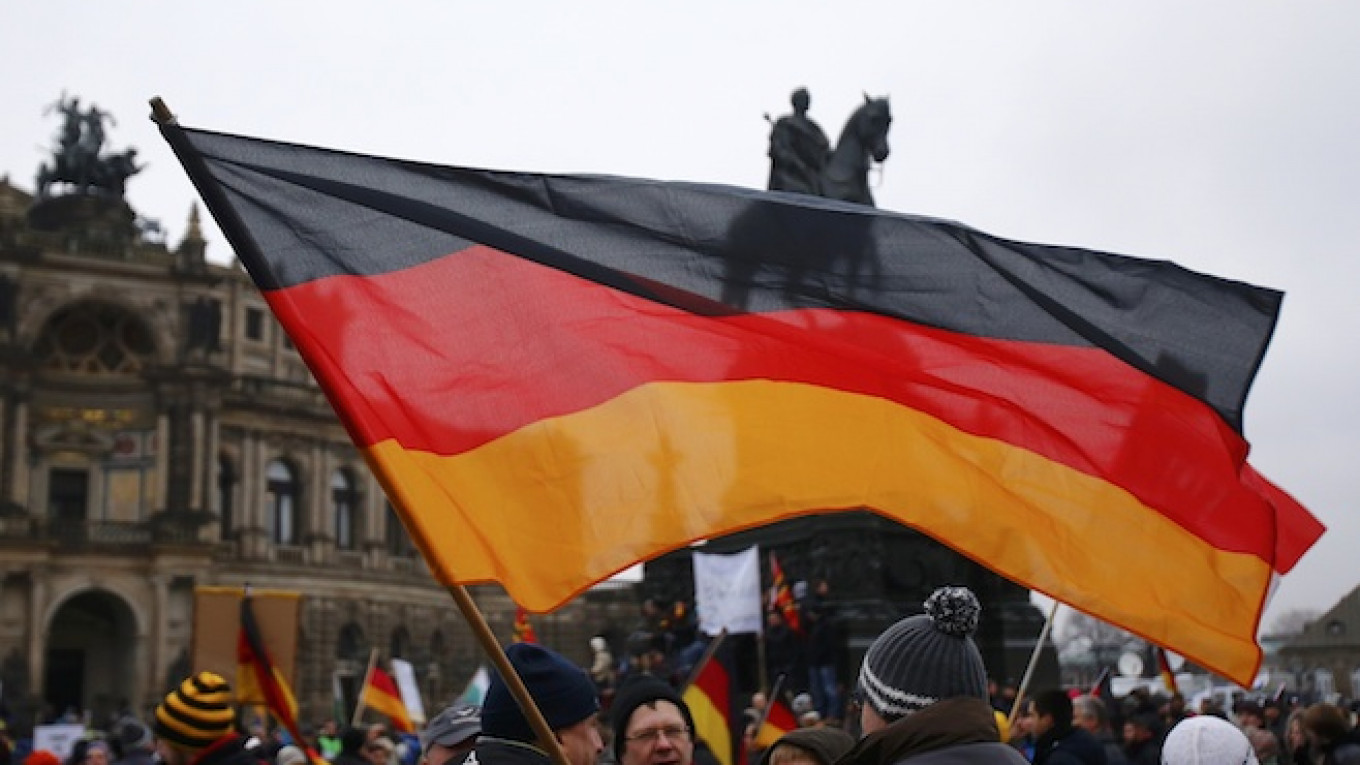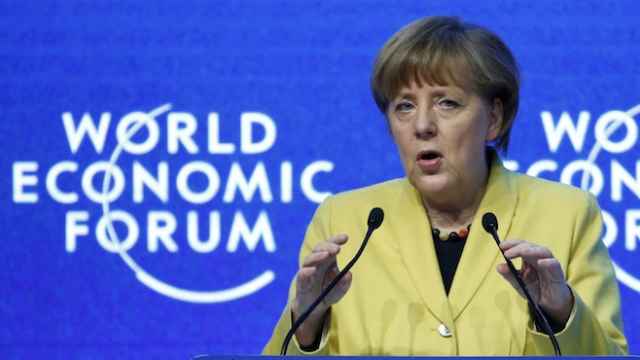The State Duma may adopt a resolution condemning what it refers to as West Germany's annexation of East Germany as the Soviet Union collapsed in 1990, state news agency TASS reported Wednesday.
East Germany, the German Democratic Republic, merged with West Germany, the Federal Republic of Germany, in 1990. The move was brought about by a reunification treaty, the product of extensive negotiations between the Soviet Union and Western nations.
Communist lawmaker Nikolai Ivanov drafted a resolution drawing what he sees as parallels between Russia's 2014 absorption of Crimea and West Germany's 1990 absorption of East Germany.
Duma Speaker Sergei Naryshkin spearheaded the initiative of pushing Ivanov's resolution through after facing harsh criticism at the Parliamentary Assembly of the Council of Europe this week over Russia's newest region.
Naryshkin told reporters that the logic behind Germany's reunification can be applied to Russia's absorption of Crimea in March. "We are always opposed to 'double standards,'" he said, according to TASS.
International leaders and news outlets have broadly applied the term "annexation" to the outcome of a controversial referendum in March, when Crimeans declared independence from Ukraine, and asked Russia to adopt it as a region.
Shortly thereafter, the United Nations approved a resolution describing the referendum as illegal. The resolution was supported by 100 states, while 11 nations voted against it. There were 58 abstentions.
A Message from The Moscow Times:
Dear readers,
We are facing unprecedented challenges. Russia's Prosecutor General's Office has designated The Moscow Times as an "undesirable" organization, criminalizing our work and putting our staff at risk of prosecution. This follows our earlier unjust labeling as a "foreign agent."
These actions are direct attempts to silence independent journalism in Russia. The authorities claim our work "discredits the decisions of the Russian leadership." We see things differently: we strive to provide accurate, unbiased reporting on Russia.
We, the journalists of The Moscow Times, refuse to be silenced. But to continue our work, we need your help.
Your support, no matter how small, makes a world of difference. If you can, please support us monthly starting from just $2. It's quick to set up, and every contribution makes a significant impact.
By supporting The Moscow Times, you're defending open, independent journalism in the face of repression. Thank you for standing with us.
Remind me later.






